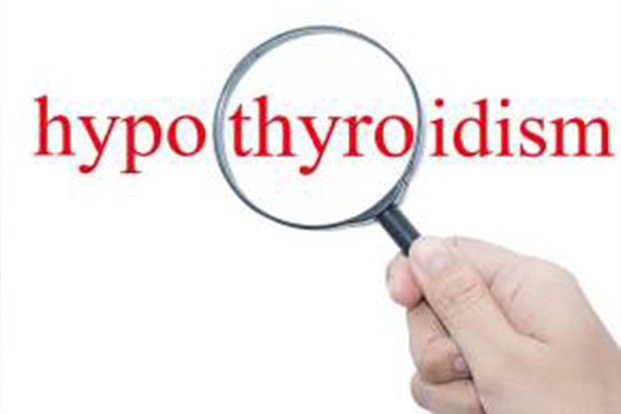Treatment Options for Hypothyroidism
Apr 19, 2022
Thyroid hormone action is important for growth and development of the children, and in adults it plays a critical role in the regulation of function and metabolism of every organ system in the body. Hypothyroidism refers to underactive thyroid gland and is due to decreased production of thyroid hormones. It causes symptoms in the early stages, but over time, untreated hypothyroidism can cause a number of health issues, such as obesity, joint pain, infertility and heart disease.
Hypothyroidism in India:
1 out of 10 adults in India is suffering from Hypothyroidism with 1/3rd of cases are still undiagnosed. It is more common in women than men and in people over the age of 60 years. Iodine deficiency is the most common cause of hypothyroidism but with the widespread use of iodized salt, other form of hypothyroidism called Hashimoto’s Thyroiditis (a type of autoimmune thyroid disease) is now more commonly seen.

Diagnosis of Hypothyroidism:
Diagnosis is based on the symptoms and the results of the blood tests that measure the level of TSH and sometimes the level of the thyroid hormone, thyroxine (T4) also. A low level of thyroxine and high level of TSH indicates overt hypothyroidism which needs treatment. Only mild increase in TSH indicates sub-clinical hypothyroidism and initiation of treatment has to be individualized based on other parameters.
Treatment of Hypothyroidism:
- Levothyroxine replacement therapy is the mainstay of treatment in hypothyroidism.
- Levothyroxine is synthetic thyroid hormone which is taken orally in morning, empty stomach.
- Treatment with Levothyroxine is usually life long and dosage needs to be adjusted based on symptoms and periodical testing for TSH value.
- Levothyroxine causes virtually no side effects when used in the appropriate dose and is relatively inexpensive.
- There is gradual improvement in symptoms after one to two weeks of starting the treatment.
Do’s & Don’ts during Hypothyroidism treatment:
Do’s
- Take Levothyroxine in morning fasting state with gap of atleast 30-60 min for tea/ coffee/ breakfast as absorption of drug is reduced by 10-20% when taken with food.
Don’ts
- Don’t take Iron supplements/ multivitamins/ calcium supplements in morning as these drugs interfere with the absorption of Levothyroxine in gut.
- Try not to miss thyroid medicine dose. If by mistake you skip daily dose, take double dose next morning.
- Do not stop drug or decrease the dose by yourself considering improvement in symptoms or normalization of TSH without consulting your doctor. If you do than the symptoms of hypothyroidism will gradually return.







